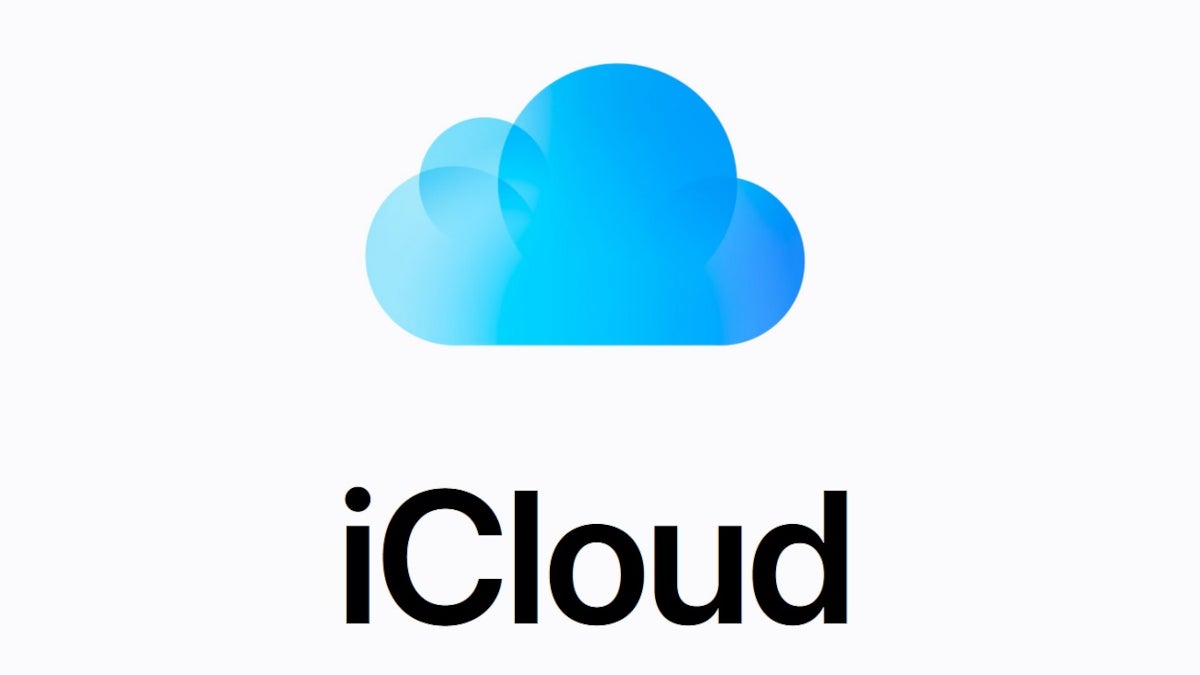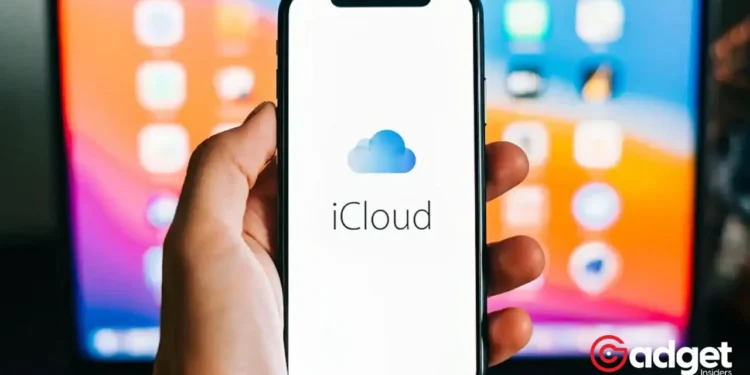In an era where digital storage has become as crucial as the devices we use, Apple finds itself at the heart of a contentious legal battle. The tech behemoth, known for its innovation and market dominance, faces allegations of exploiting users through the restrictive limits of its iCloud storage service. This lawsuit brings to light questions about competition, consumer rights, and the fine line between strategic business practices and user exploitation.

A Tight Grip on Storage: The iCloud Controversy
Since 2011, Apple’s iCloud has offered users a mere 5GB of free storage, a cap that has stubbornly remained in place despite the exponential increase in digital content consumption. This limitation has not only inconvenienced users but has also sparked a class-action lawsuit accusing Apple of deceptive practices.
The plaintiffs argue that by restricting free storage and charging high fees for additional space, Apple effectively stifles competition in the cloud storage market.
“Bloomberg Law reports a lawsuit that highlights Apple’s strategy of artificially limiting free storage and then charging steep prices for additional space, a tactic that allegedly stifles competition in the cloud storage market.”
iCloud: The Strategy Behind the Storage
The lawsuit delves into the mechanisms Apple purportedly employs to entice users into purchasing more iCloud storage. By limiting the complimentary storage to 5GB, a capacity easily exceeded by most users, Apple is said to compel its customer base towards its paid subscription plans.
This move is critiqued as a strategic maneuver to maintain and strengthen Apple’s dominance in the cloud storage sector, potentially at the expense of user experience and competition.
Apple hit with class action lawsuit over iCloud's 5GB limit and iPhone backup restrictions https://t.co/FeowMW2DCg by @ChanceHMiller
— 9to5Mac (@9to5mac) March 2, 2024
Moreover, the legal complaint brings to attention Apple’s selective backup system, which exclusively allows iCloud to back up certain file formats, such as apps and device configurations.
This restriction not only disadvantages competitors like Google Drive and Dropbox but also seemingly serves no technical or security purpose, further fueling the argument against Apple’s practices.
The Legal and Competitive Stakes
The lawsuit, spearheaded by lead plaintiff Julianna Felix Gamboa and represented by the renowned Hagens Berman law firm, is not Apple’s first rodeo in the courtroom. With a history of legal challenges, including a significant $560 million settlement in a previous case, Apple’s legal team is once again under the spotlight.
The outcome of this lawsuit could have far-reaching implications, potentially forcing Apple to revise its iCloud strategy, thereby impacting pricing and consumer choice in the cloud storage market.
“Industry experts are puzzled by Apple’s approach, noting that there seems to be no valid technical or security rationale behind the company’s enforcement of this division.”

Beyond iCloud: Apple’s Legal Landscape
The iCloud storage lawsuit is but one of several legal challenges facing Apple. The company is also navigating an antitrust probe by the European Commission and a lawsuit from Epic Games concerning its App Store commission practices.
These legal battles underscore the scrutiny Apple faces regarding its business practices and the balance it must strike between maintaining its market position and adhering to fair competition principles.
Looking Ahead: The Future of Cloud Storage and Competition
As the legal proceedings unfold, the tech industry and consumers alike await the impact of these challenges on Apple’s strategies and the broader cloud storage market. The lawsuit not only highlights the tensions between tech giants and their users but also raises important questions about competition, innovation, and the rights of digital consumers.
Whether this legal battle will spur changes in Apple’s iCloud offerings or set a precedent for cloud storage services remains to be seen.









